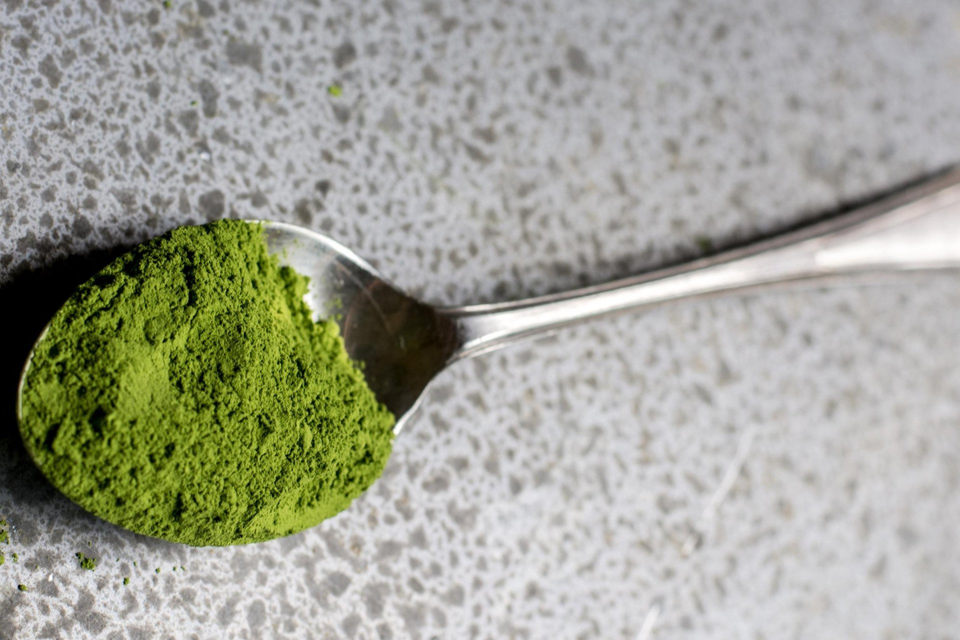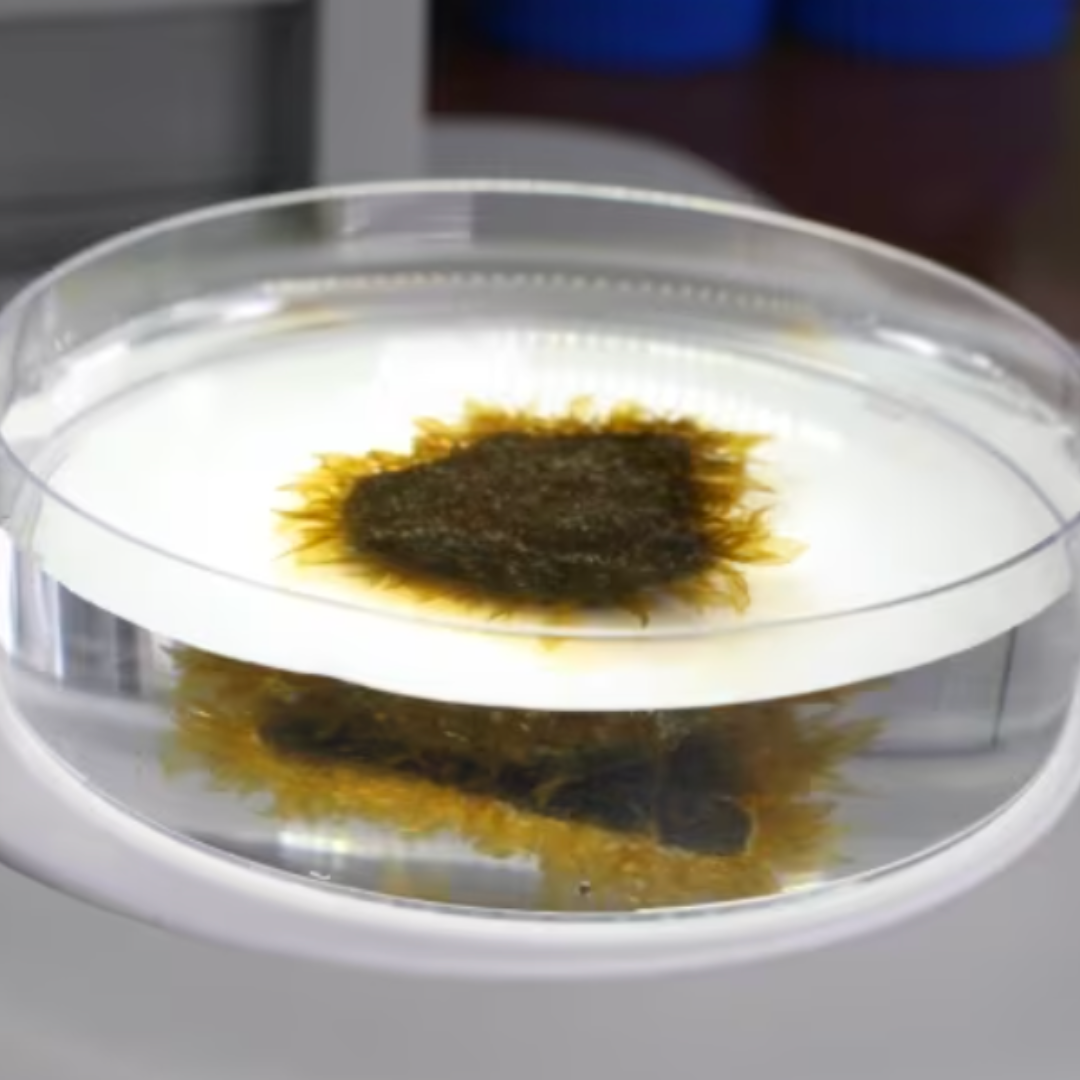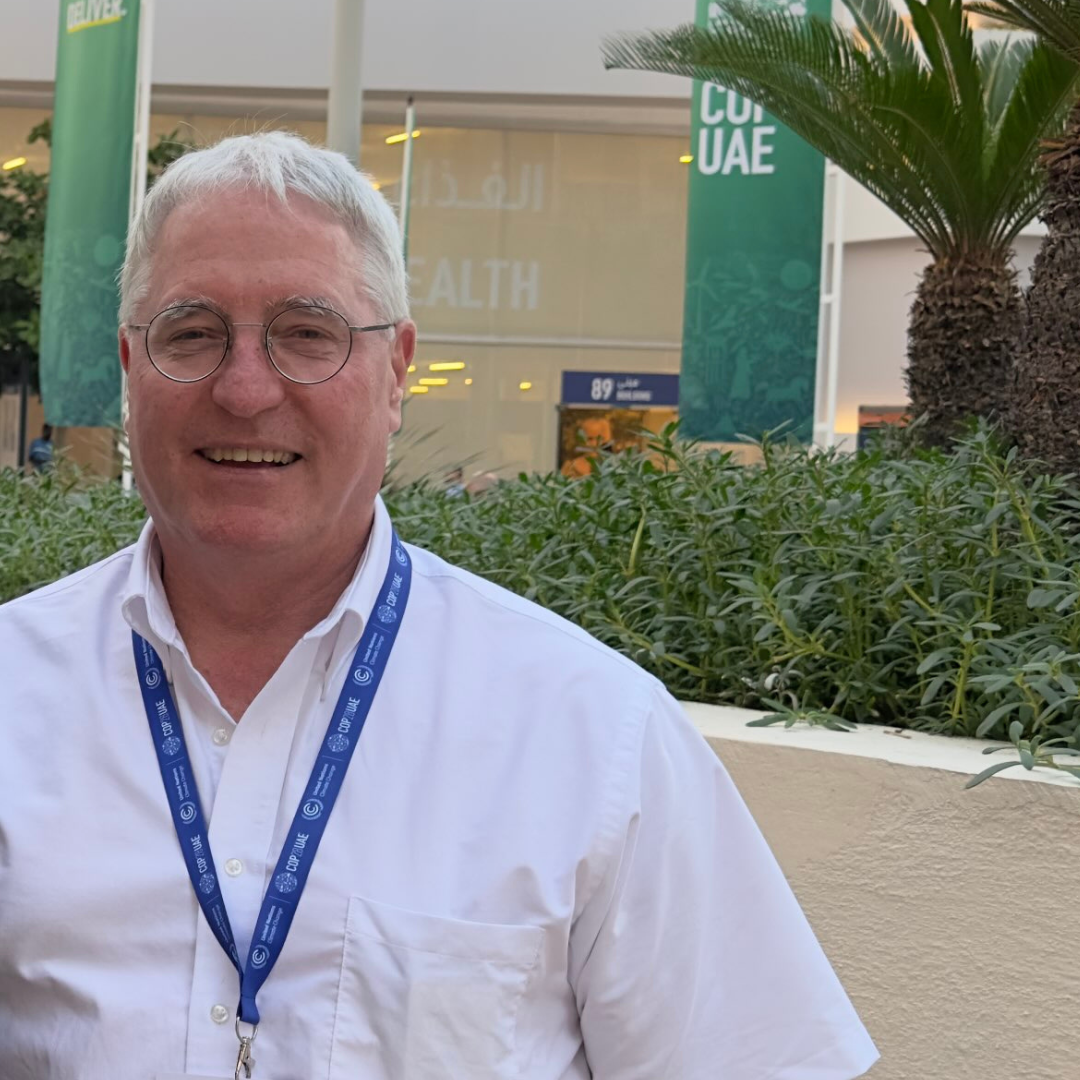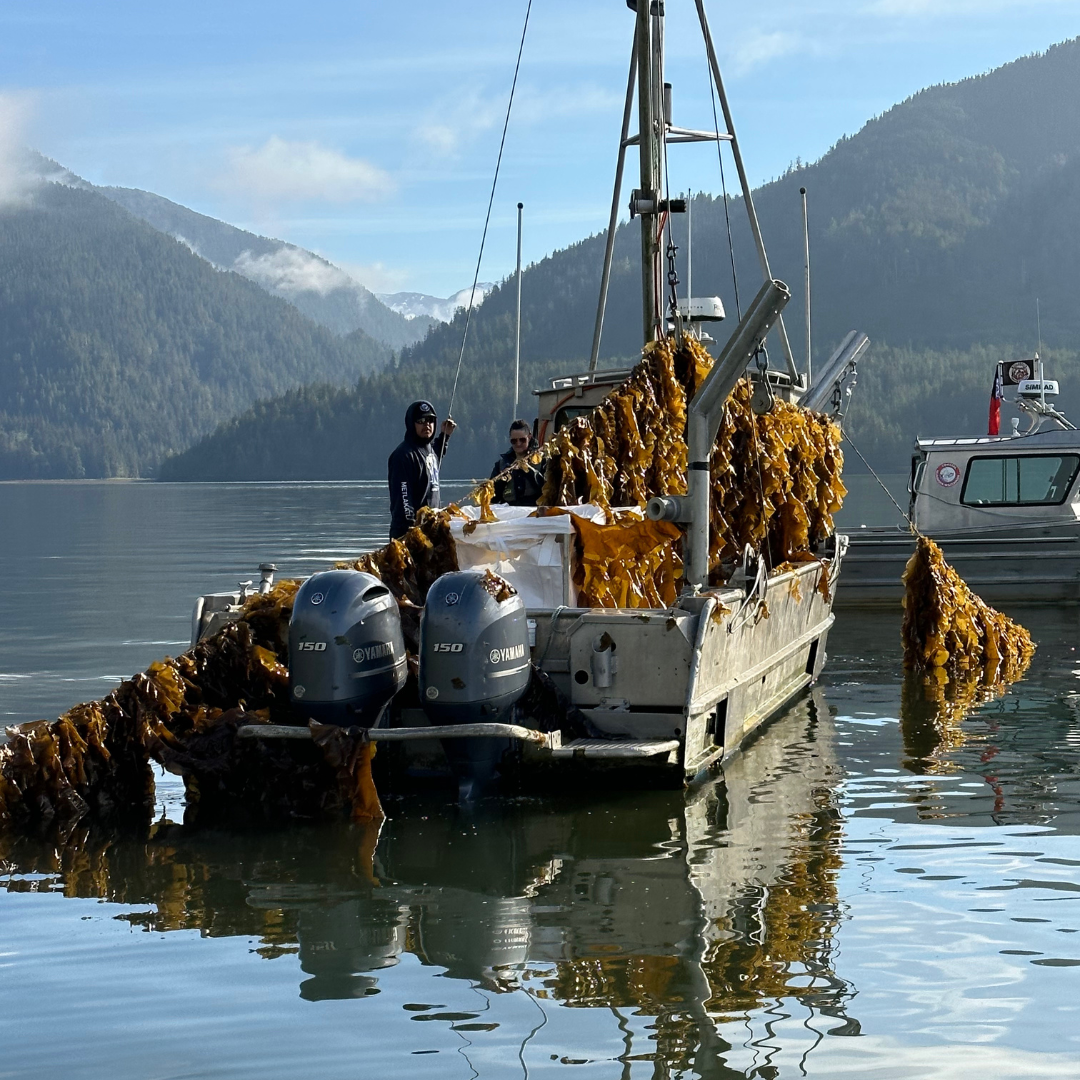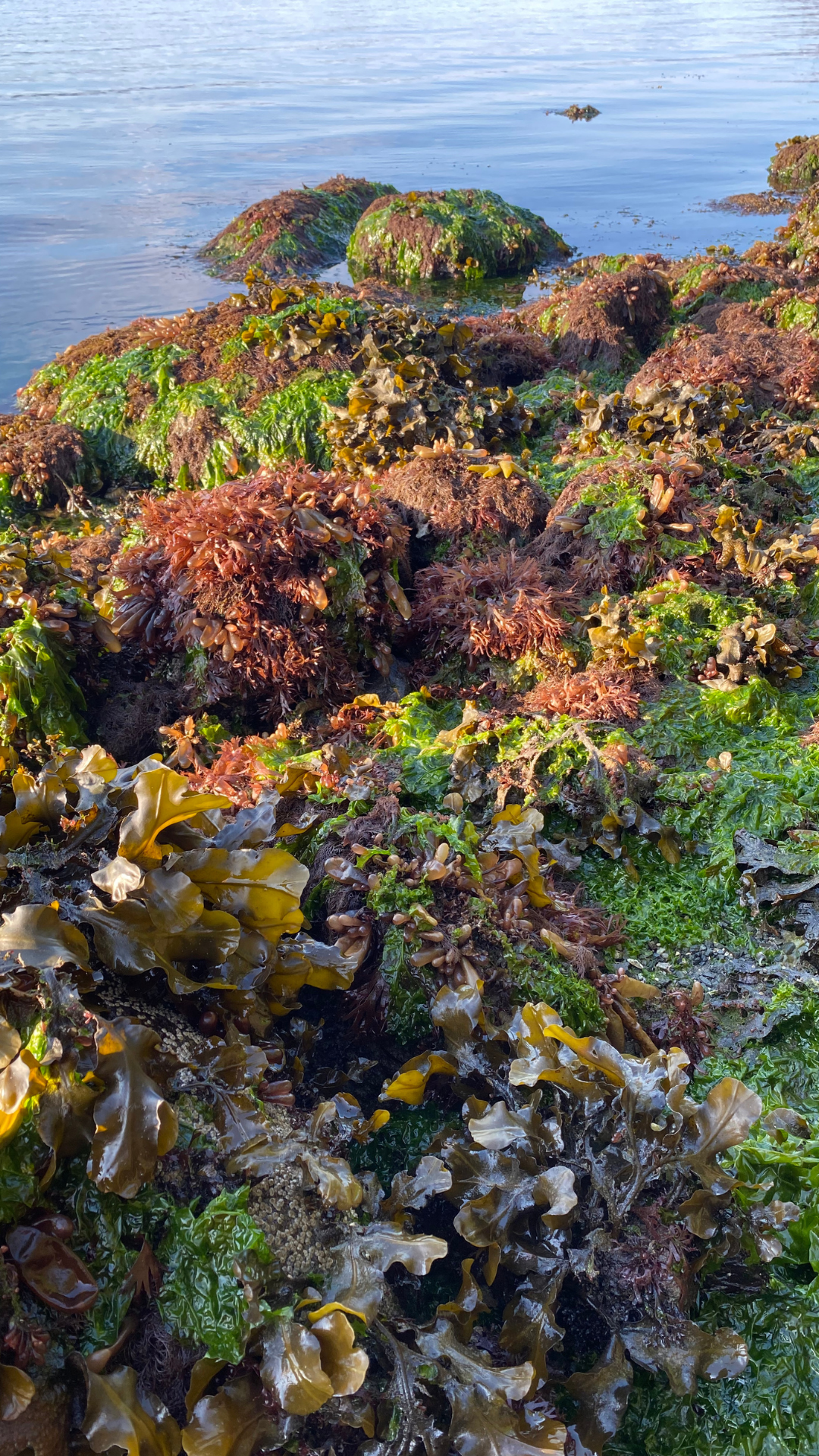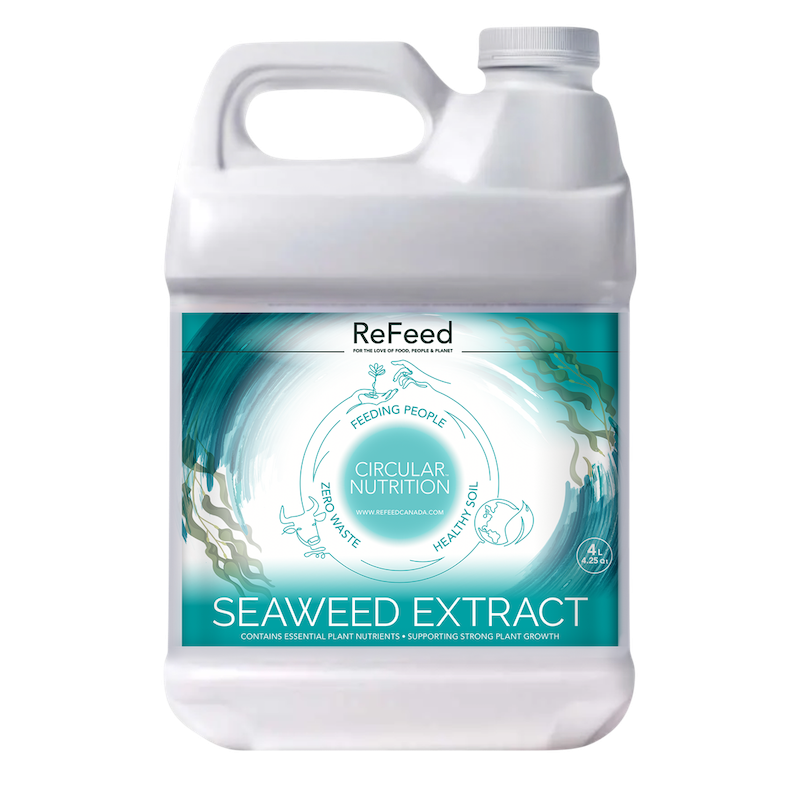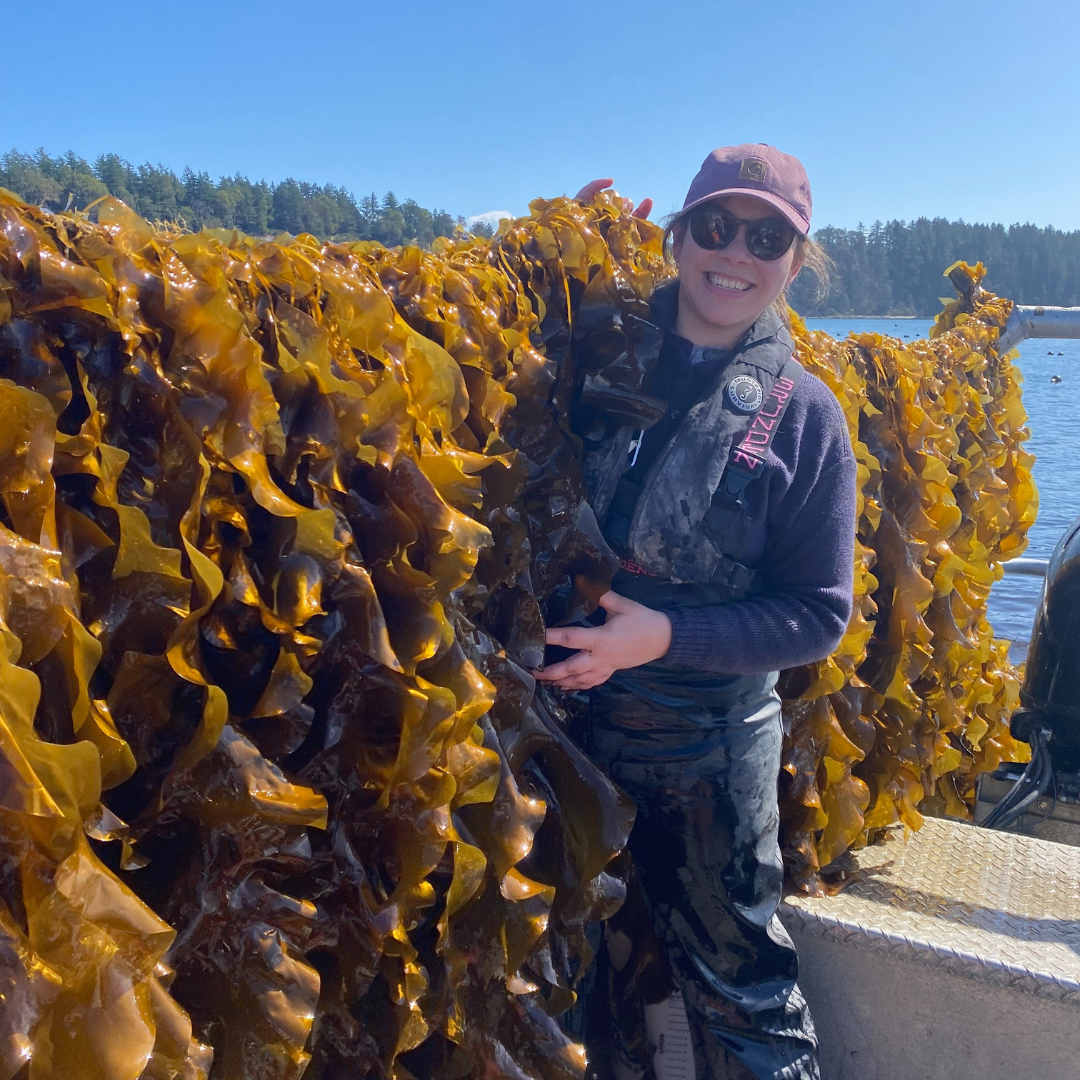At Cascadia Seaweed, we cultivate local species of seaweed and manufacture products for crop and cattle farmers.
Cascadia Seaweed has taken the lead on adding four seaweeds to Health Canada's Ingredient Database.
Before a natural health care product can be sold in Canada, the product must have a license and an eight-digit Natural Product Number (NPN) to display on the product packaging. Prior to applying for an NPN, manufacturers must ensure all of their sourced ingredients are listed in Health Canada's Ingredient Database. This process ensures Canadians have access to a wide range of natural health care products made with ingredients that are healthy, safe, effective and of a high-quality.
Cascadia Seaweed has taken the lead on adding four seaweeds to this National Ingredient Database; Saccharina Latissima (Sugar Kelp), Alaria marginata (Winged kelp), Neoagarum fimbriatum, and Develarea mollis (Red Ribbon or Pacific Dulse).
“Seaweed is an extremely valuable nutritional, nutraceutical and a pharmacological resource. It contains an array of components that are essential in the promotion and maintenance of optimal human health. Not only that, it has a well-established role in the prevention and the management of chronic diseases, including cancer. Seaweed is not yesterday’s kale, it is much more than that” says Dr. Steve Marin, technical advisor to Cascadia Seaweed.
"We are thrilled that four of the species we are cultivating have successfully been added to Health Canada's Ingredient Database. This is a tremendous milestone for us in terms of bringing seaweed-based nutraceutical products to the market that will help enhance personal health and well-being” says Desiree Dupuis, VP Sales & Marketing at Cascadia Seaweed.
As for what those “nutritious and delicious” nutraceutical products are, Dupuis said they are still top secret, but she did indicate that they will be released at a large-scale virtual event on Thursday, May 20th during Seaweed Days — a festival being organized by Cascadia Seaweed to help expand North American consumers’ acceptance of seaweed as a food product.
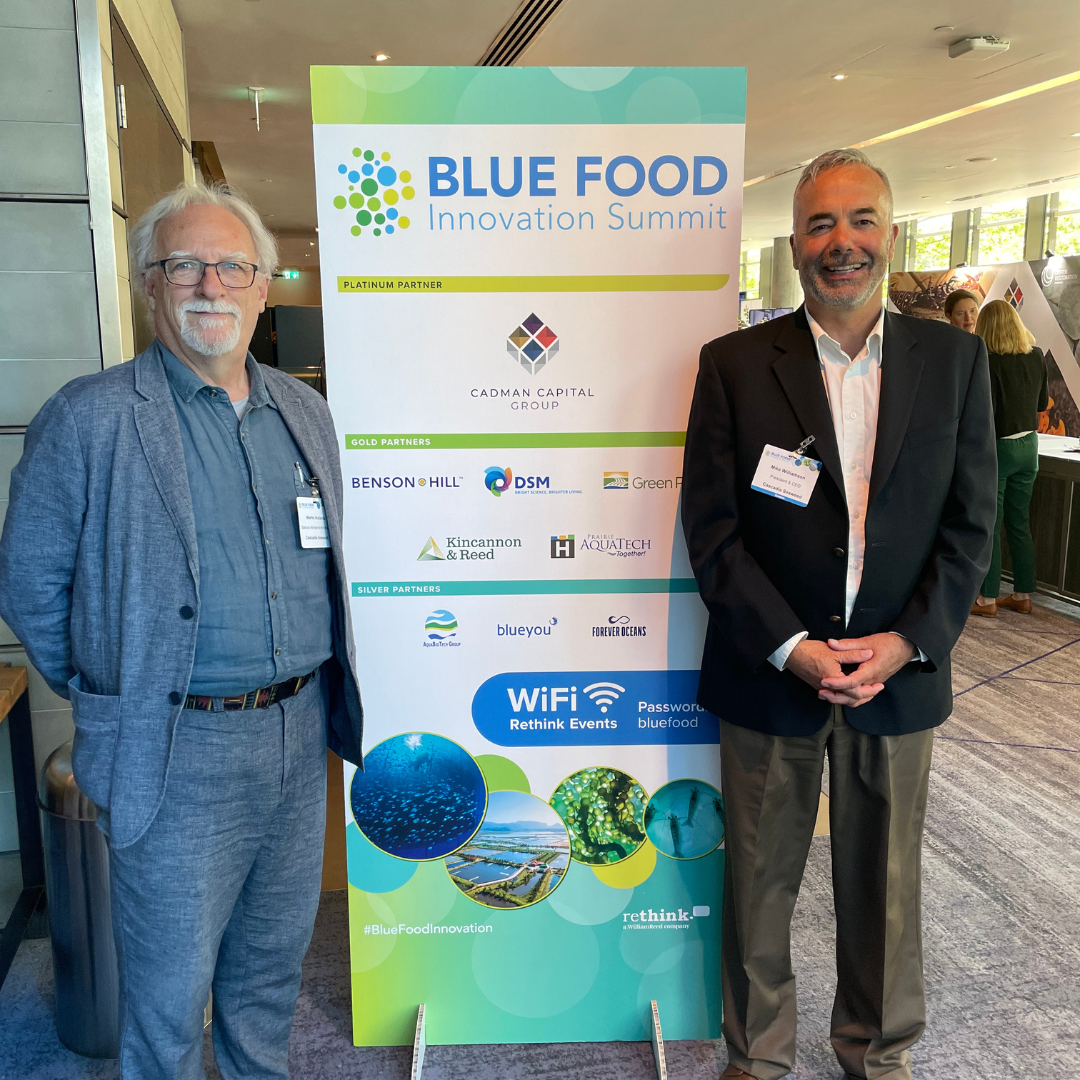
C - 9774 Third Street Sidney British Columbia V8L 3A4
Email: info@cascadiaseaweed.com
Phone: 1-778-351-4484

9774 - C Third Street Sidney British Columbia V8L 3A4
Email: info@cascadiaseaweed.com
Phone: 1-778-351-4484

